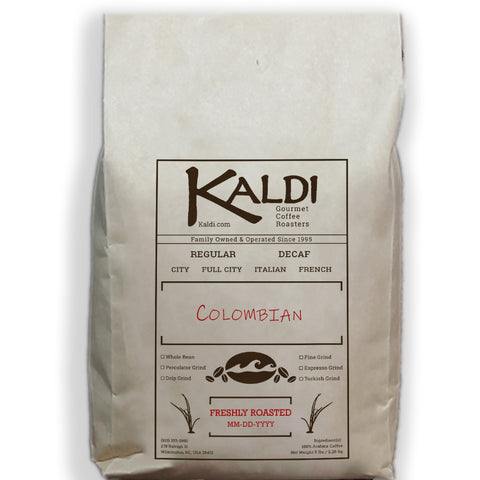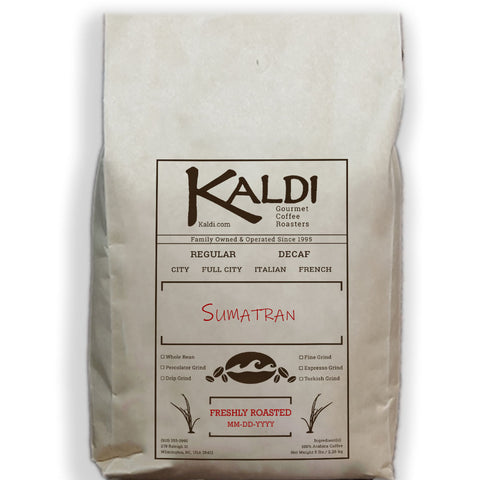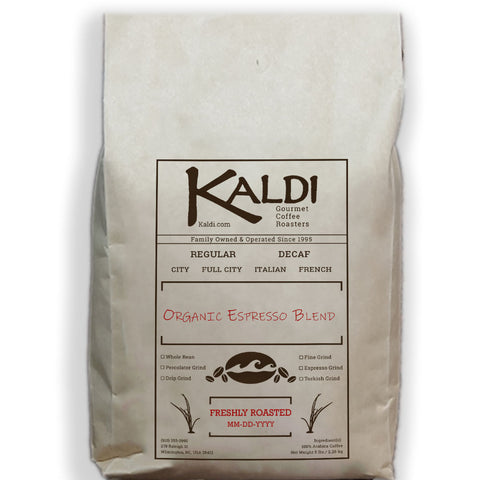Risks of Drinking Coffee
Introduction
Coffee is a widely consumed beverage enjoyed by many, but it's important to be aware of the potential risks associated with its consumption. While coffee can have its benefits, understanding the potential negative effects and risks is crucial for making informed choices about its consumption.
Negative Effects of Drinking Coffee
Coffee affects individuals differently, and some may experience negative effects. These can include restlessness, jitters, increased heart rate, and gastrointestinal discomfort. It's important to listen to your body and moderate your coffee intake if you experience any adverse reactions.
Caffeine Dependency
Regular consumption of coffee can lead to caffeine dependency. This means your body becomes accustomed to the presence of caffeine, and you may experience withdrawal symptoms, such as headaches and fatigue, when attempting to reduce or stop consumption. It's important to be mindful of your caffeine intake and consider alternatives or reducing consumption if needed.
Sleep Disturbances or Insomnia
Coffee contains caffeine, a stimulant that can interfere with sleep. Consuming coffee, especially later in the day, can make it difficult to fall asleep or stay asleep, leading to sleep disturbances or insomnia. It's advisable to limit or avoid coffee consumption close to bedtime if you're sensitive to its effects on sleep.
Risks for Cardiovascular Health
Excessive coffee consumption, particularly for individuals sensitive to caffeine, may have potential risks for cardiovascular health. It can lead to increased heart rate, elevated blood pressure, and potentially contribute to cardiovascular issues. Moderation is key, and if you have underlying cardiovascular conditions, it's important to consult with your healthcare provider about your coffee consumption.
Digestive Issues
Coffee is known to stimulate the production of stomach acid, which can lead to digestive issues in some individuals. This can include acid reflux, heartburn, and general gastrointestinal discomfort. If you experience these issues, reducing coffee consumption or trying alternative preparations with lower acidity may be beneficial.
Coffee and Pregnancy
During pregnancy, consuming high amounts of caffeine, including coffee, has been associated with an increased risk of miscarriage and potential impacts on fetal development. It's important for pregnant individuals to consult with their healthcare providers regarding caffeine intake and follow their guidance to ensure a healthy pregnancy.
Anxiety and Panic Attacks
Caffeine in coffee can exacerbate anxiety symptoms and potentially trigger panic attacks in susceptible individuals. If you have anxiety disorders or experience heightened anxiety after consuming coffee, it may be advisable to reduce or avoid coffee consumption and explore alternative beverages or decaffeinated options.
Negative Effects on Bone Health
Excessive coffee consumption, particularly when combined with inadequate calcium intake, may slightly increase the risk of osteoporosis. Coffee can have mild diuretic effects, potentially leading to increased calcium excretion. Maintaining a balanced diet rich in calcium and moderating coffee intake can help mitigate any potential impact on bone health.
Recommended Consumption Levels
To minimize potential risks, it's generally recommended to consume coffee in moderation. The ideal consumption level varies for individuals, but aiming for around 3-4 cups per day is considered moderate. However, individual sensitivities, health conditions, and caffeine tolerances can differ, so it's important to listen to your body and adjust your coffee intake accordingly.
Conclusion
While coffee can be enjoyed for its flavor and potential benefits, it's crucial to be aware of the potential risks associated with its consumption. Negative effects, caffeine dependency, sleep disturbances, cardiovascular health concerns, digestive issues, pregnancy considerations, anxiety triggers, impact on bone health, and recommended consumption levels should all be taken into account when making decisions about coffee consumption. Moderation and individual awareness are key to enjoying coffee responsibly and maintaining overall well-being.










